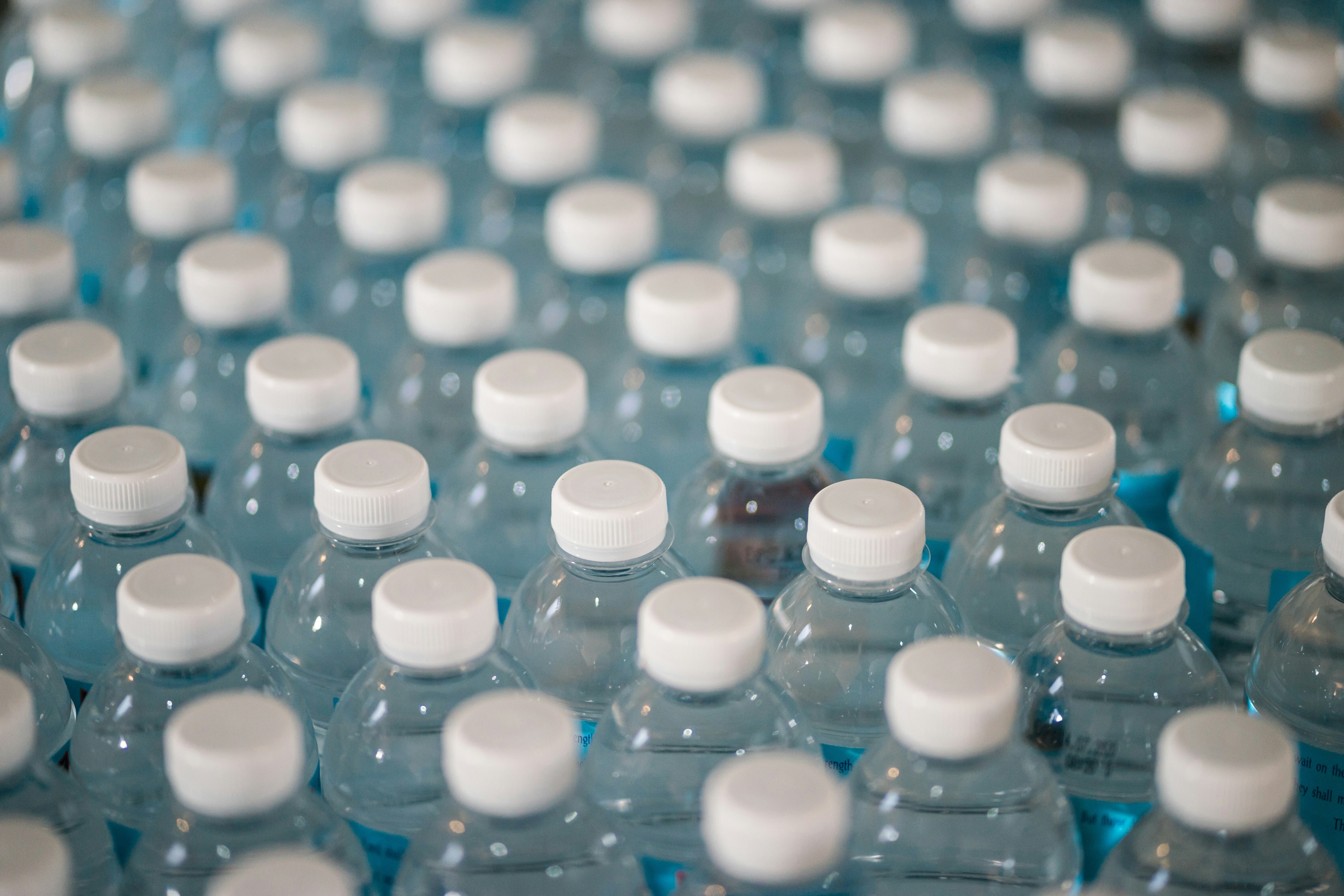Lego is making plant-based plastic pieces

Lego will begin making some of their toys out of plant-based plastic. Image: REUTERS/Philippe Wojazer

Get involved with our crowdsourced digital platform to deliver impact at scale
Stay up to date:
Future of the Environment
Lego has started making their building pieces more sustainable. The toy company announced on Thursday that their botanical selections, such as leaves, bushes, and trees, will be made from plant-based plastic. Production has already started on the new pieces and they should be released later this year.
The plant-based plastic is sourced from sugarcane through a partnership with the World Wildlife Fund and its initiative, the Bioplastic Feedstock Alliance. Even though it’s from sugarcane, this plastic still has polyethylene material that makes it soft and flexible. All sustainable products still go through rigorous testing that conventional plastic bricks do.

“Children and parents will not notice any difference in the quality or appearance of the new elements, because plant-based polyethylene has the same properties as conventional polyethylene,” Tim Brooks, VP of Environmental Responsibility at Lego said in a press release.
Material from the plant-based plastic has been certified by the Bonsucro Chain of Custody Standard. This means that the sugarcane has traceable evidence to show that it’s been sourced and traded responsibly. Bonsucro verifies the data through all stages of distribution and gives out the certification if approved.
Using plant-based plastic is part of Lego’s commitment to transition toward sustainable material for their standard products and packaging by 2030. Back in 2012, they explored ways to become more sustainable and invested heavily into the research three years later. The company is also targeting zero waste in their operations.
Lego’s company currently runs on 100 percent renewable energy, a milestone reached last year and three years ahead of schedule. A 25 percent stake in the United Kingdom’s Burbo Bank extension helped them reach their goal. The company celebrated by building a massive wind turbine out of 146,251 toy bricks.
“At the LEGO Group we want to make a positive impact on the world around us, and are working hard to make great play products for children using sustainable materials,” Brooks said in the press release. “We are proud that the first LEGO elements made from sustainably sourced plastic are in production and will be in LEGO boxes this year.”
Polyethylene elements represent only one to two percent of the building pieces that Lego produces, but it’s a step in the right direction. It’s important that quality isn’t hindered with the new plant-based plastic and it’ll be interesting to see what other sustainable decisions Lego goes forward with.
Don't miss any update on this topic
Create a free account and access your personalized content collection with our latest publications and analyses.
License and Republishing
World Economic Forum articles may be republished in accordance with the Creative Commons Attribution-NonCommercial-NoDerivatives 4.0 International Public License, and in accordance with our Terms of Use.
The views expressed in this article are those of the author alone and not the World Economic Forum.
The Agenda Weekly
A weekly update of the most important issues driving the global agenda
You can unsubscribe at any time using the link in our emails. For more details, review our privacy policy.
More on Nature and BiodiversitySee all
Charlotte Kaiser
April 23, 2024
Jennifer Holmgren
April 23, 2024
Agustin Rosello, Anali Bustos, Fernando Morales de Rueda, Jennifer Hong and Paula Sarigumba
April 23, 2024
Carlos Correa
April 22, 2024
Nick Pickens and Julian Kettle
April 22, 2024
Simon Torkington
April 22, 2024






